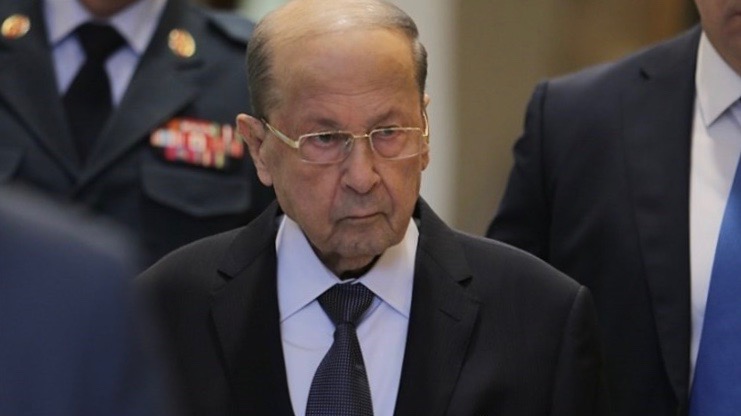Lebanon will be without a formal head of state beginning Tuesday, November 1, following the resignation of President Michale Aoun. He vacated the presidential Baabda Palace in the capital Beirut on Sunday, October 30.
Aoun addressed thousands of his supporters and members of his Free Patriotic Movement party outside the presidential palace on Sunday and announced that he has signed a decree accepting the resignation of the caretaker government headed by Prime Minister Najib Mikati.
Aoun (89) was the leader of the Free Patriotic Movement before being elected as president in 2016. He had also participated in the country’s civil war between 1975 and 1990.
As per the post-civil war constitution, the president of Lebanon can only be a Christian, the prime minister Sunni, and the speaker of the parliament Shia.
The Lebanese parliament that was elected in May met at least four times since then to elect Aoun’s successor. However, it has failed so far. Aoun’s six-year term expired on Monday, October 31.
The post of the president is crucial for signing bills into laws and approving the new government. Aoun’s departure without a designated successor can deepen the political crisis in the country.
Lebanon has been facing an unprecedented economic and political crisis since 2019. The country has had no formal government for over six months now. Mikati is leading a caretaker government, but has been unable to win the support of the parliament.
Reacting to Aoun’s announcement of the cabinet’s resignation, Mikati called the move “unconstitutional,” hinting that he will continue on in his post and attempt to get the parliament’s approval.
Lebanon is facing rising poverty, historically high inflation, and a steep decline in the value of its currency, leaving millions without basic amenities like power and little means to purchase food, fuel or medicine.
The Lebanese are protesting against these conditions and blaming the lack of governance in the country. The protesters accuse the ruling establishment of widespread corruption and nepotism and have demanded an overhaul of the political system.
During his speech on Sunday, Aoun addressed the concerns raised by the protesters, admitting that “our state, with all its institutions, has become worn out and worthless because of the ruling system which colonizes it.”





